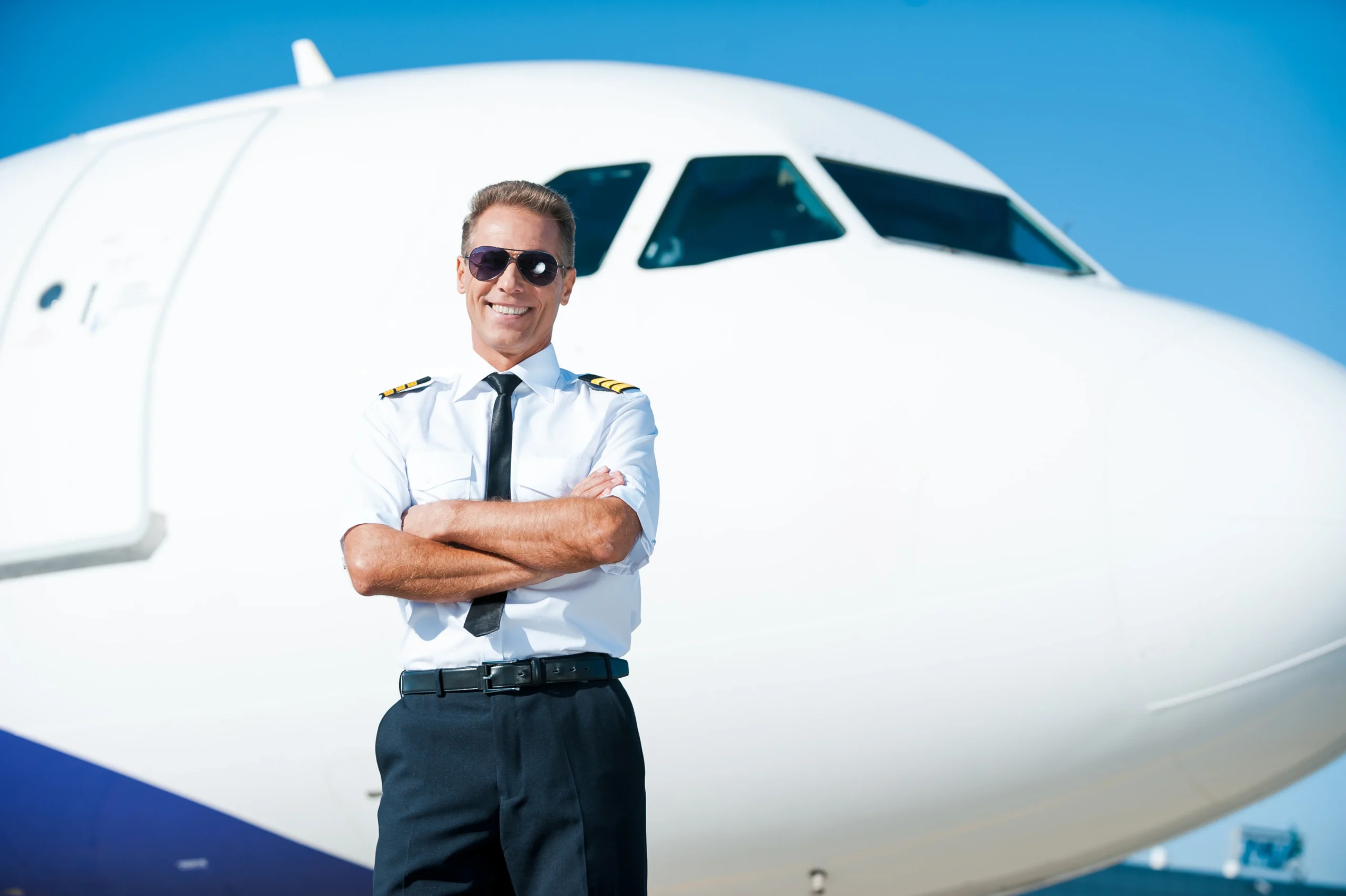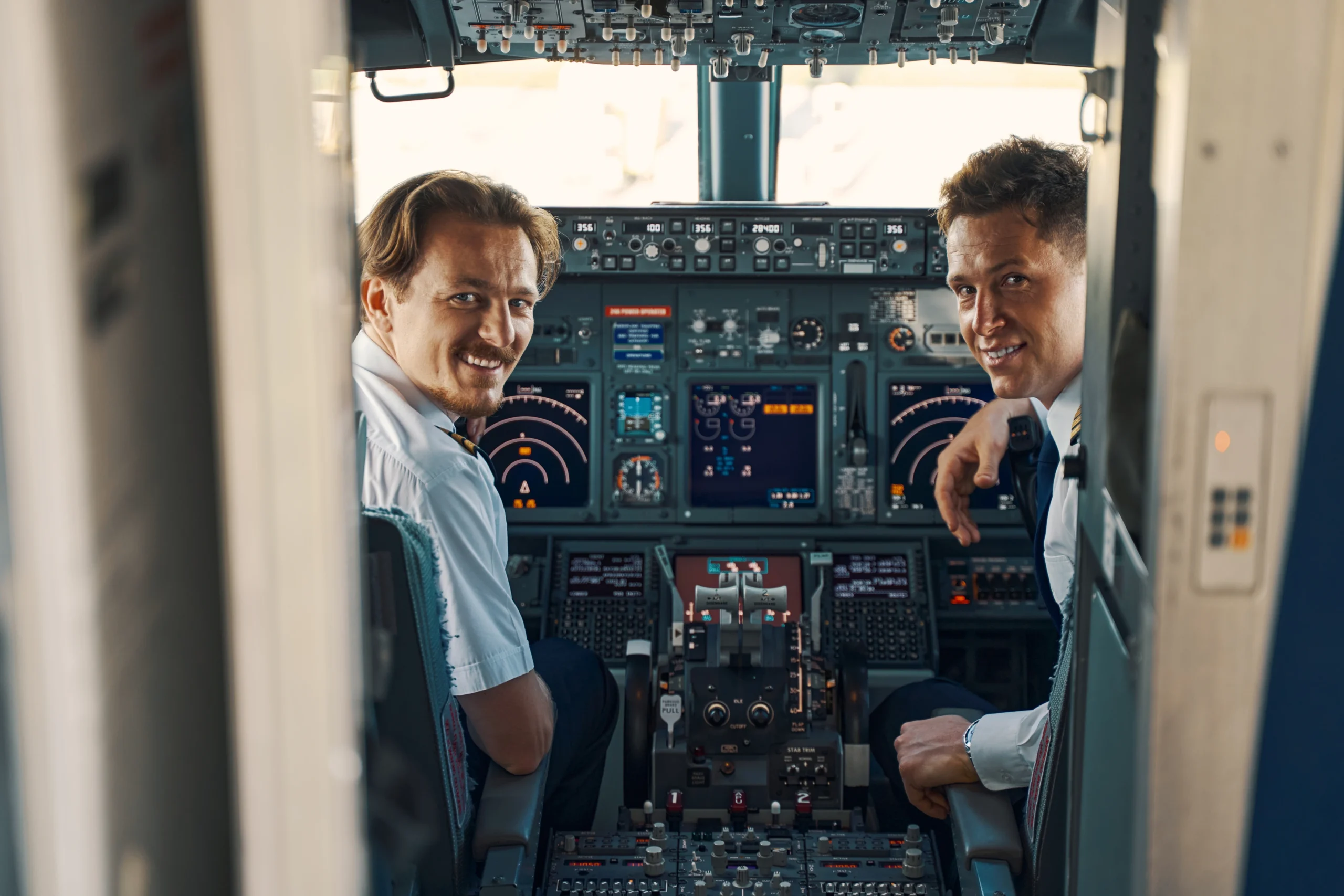The aviation industry is rapidly evolving, and to stay competitive, pilots need to continuously enhance their qualifications. A Boeing 737 Type Rating is a critical step for any pilot looking to advance their career and expand their opportunities in the global aviation market. This specialized certification opens doors to a wide range of career prospects, from commercial airlines to private aviation, ensuring pilots are well-prepared for one of the most widely used aircraft in the world.
Obtaining a Boeing 737 Type Rating significantly expands job opportunities within the airline industry. One of the key advantages is access to First Officer positions with both low-cost carriers and major international airlines. Many airlines prioritize pilots with a Type Rating on the Boeing 737 due to the aircraft’s widespread use, making it an essential qualification for those looking to take the next step in their aviation careers. As the B737 is one of the most popular aircraft globally, having this rating increases a pilot’s chances of being considered by a wide variety of airlines.
Additionally, experienced pilots with a Type Rating may qualify for direct entry Captain roles, bypassing the need to accumulate hours on smaller aircraft. This can fast-track a pilot’s career, especially with airlines that operate large Boeing 737 fleets. Airlines that rely heavily on this aircraft type are constantly seeking qualified pilots, meaning those with a 737 Type Rating are in high demand, improving recruitment chances and offering greater job security in a competitive industry
One of the most significant benefits of obtaining this Type Rating is the potential for higher earnings. For First Officers flying the Boeing 737, salaries typically range from $50,000 to $120,000 annually, depending on factors such as experience, airline, and location. This competitive salary range makes the B737 a highly desirable aircraft for pilots looking to maximize their earning potential early in their careers.
For those who progress to Captain positions, the financial rewards are even greater. They can earn between $150,000 and $300,000 annually, offering a substantial increase in income. Additionally, freelance 737 Captains working contract jobs can earn even higher salaries, with pay often based on flight hours and the nature of the contract. This flexibility and the opportunity to earn more make the Boeing 737 Type Rating a valuable investment for pilots looking to boost their financial prospects.

A Boeing 737 Type Rating can significantly speed up your career progression in the aviation industry. By reducing the time required for promotion to Captain, pilots can take advantage of opportunities to advance faster within their airline. The widespread use of the 737 across low-cost and major airlines means that pilots with experience on this aircraft are in high demand, allowing them to move up the ranks more quickly and efficiently.
In addition, the Boeing 737 Type Rating provides valuable experience on a highly sought-after aircraft type. This experience is not only beneficial for immediate career advancement but also offers a pathway to flying wide-body aircraft such as the Boeing 777 and 787. Airlines often prioritize pilots with 737 experience for these larger aircraft, making the 737 Type Rating an essential qualification for those looking to expand their aviation career further.
A Boeing 737 Type Rating opens up a world of opportunities in the global aviation market. Pilots with this qualification are in high demand worldwide, with many airlines offering attractive relocation packages for international contracts. This flexibility allows pilots to explore career opportunities in different regions, experiencing new cultures while building their professional skills. Whether it’s in Europe, the Middle East, Asia, or beyond, a B737 Type Rating increases the chances of securing international contracts with competitive benefits.
Additionally, pilots with this Type Rating can take advantage of freelance contract work, which offers short-term, high-paying opportunities. These contracts often provide flexibility in terms of scheduling and work location, making it an appealing option for pilots seeking variety and higher pay. At the same time, for those who prefer long-term stability, the Boeing 737 Type Rating also provides excellent prospects for career growth within major airlines, offering long-term career stability while still benefiting from the global demand for skilled 737 pilots.

In a competitive and challenging job market, a Boeing 737 Type Rating gives pilots a distinct competitive edge. With this qualification, pilots have higher chances of being hired faster, as airlines actively seek experienced professionals with this sought-after certification. The global demand for B737 pilots continues to rise, and having the Type Rating places pilots ahead of others who lack this crucial certification, enhancing their employability in the industry.
Furthermore, pilots with this Type Rating often receive priority for airline recruitment programs. Many airlines prefer to hire pilots who are already qualified on the B737, as it reduces their training costs and speeds up the onboarding process. With lower training costs for airlines, the likelihood of being hired increases significantly, offering pilots a clear advantage over candidates without the Type Rating. This makes the Boeing 737 certification not just an investment in skills, but also in career opportunities.
Obtaining a Boeing 737 Type Rating requires meeting specific prerequisites and completing a structured training program:
At Global Training Aviation Madrid, we offer the Boeing 737 Type Rating program for EASA certification, providing comprehensive training to help you achieve your career goals in the aviation industry. With expert instructors, state-of-the-art facilities, and a focus on safety and professionalism, we ensure that you are fully prepared to operate one of the world’s most popular and in-demand aircraft.
Join us to take the next step in your aviation career with confidence.